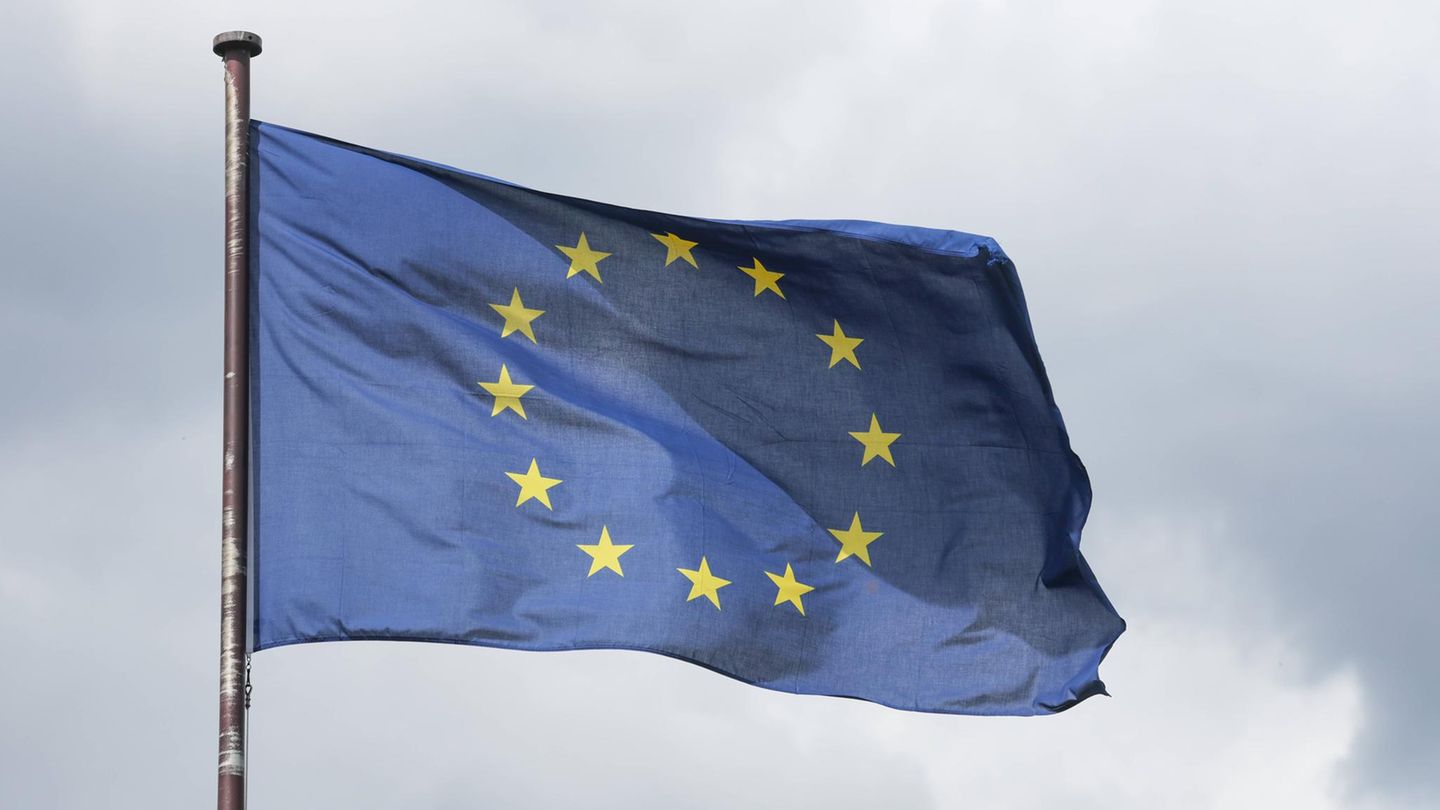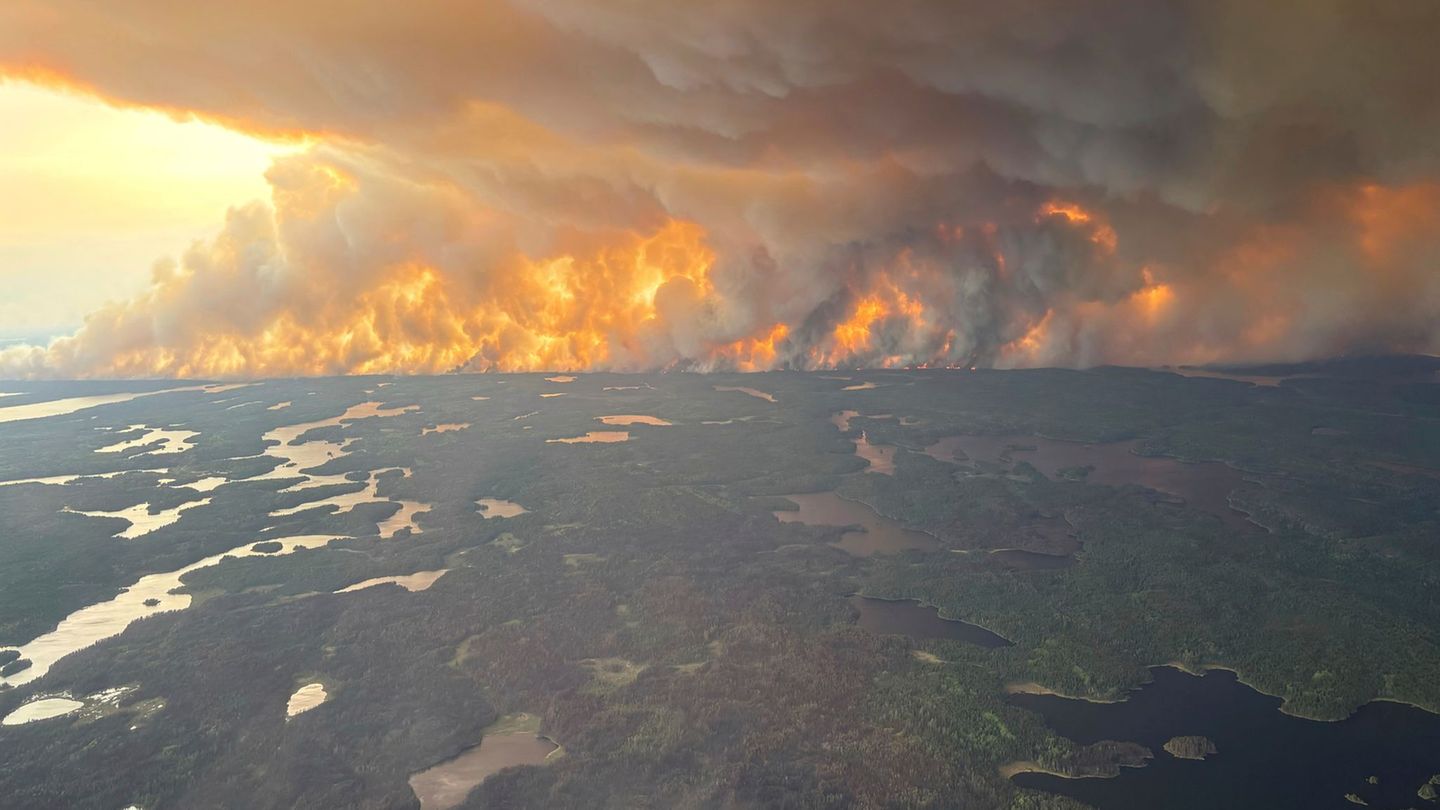The Serbian nationalist Vucic expects a second term as president and the consolidation of his power through the early parliamentary elections.
The Serbs voted on a new president and a new parliament on Sunday. The clear favorite for the highest office in the state was current President Aleksandar Vucic, who is seeking a second term.
The nationalist Vucic has been in charge of politics in Serbia since 2012. The parliament, dominated by his Serbian Progressive Party (SNS), was only elected in 2020.
Vucic had the new election brought forward in order to secure the supremacy of the SNS by merging it with the presidential election. He would like to lead his country into the EU, but has so far also tried to maintain good relations with Russia – most recently despite the Russian attack on Ukraine.
First results in the evening
Polling stations close at 8 p.m. The first results are expected late Sunday evening. Six hours before the polls closed, 31.56 percent of the approximately 6.5 million eligible voters had cast their votes, the national election commission reported.
For the first time, ethnic Serbs from Kosovo were not allowed to take part in the Serbian elections at their place of residence, but had to travel to Serbia to vote. The reason for this was that there was no agreement between Belgrade and Pristina on a voting procedure on Kosovar territory. Numerous buses and private cars with Kosovar Serbs drove to Serbia without incident on Sunday for the vote, monitored by the Kosovar police, the Serbian-language Kosovar news portal “kossev.info” reported. Western diplomats also observed what was happening at the border.
So far, the ethnic Kosovo Serbs have been allowed to vote in Serbian elections in their homeland – thanks to mediation by the Organization for Security and Co-operation in Europe (OSCE). This time there was no such procedure. Kosovo’s Prime Minister Albin Kurti had demanded that the government in Belgrade contact the government in Pristina directly on this matter. However, the Serbian government rejected this because it sees such a step as an indirect recognition of Kosovo as a state.
Kosovo, which is predominantly inhabited by Albanians, broke away from Serbia in 1999 after a NATO intervention and declared its independence in 2008. To date, Serbia has not recognized this and continues to lay claim to the territory of the state recognized by Germany and most other EU countries.
Source: Stern
David William is a talented author who has made a name for himself in the world of writing. He is a professional author who writes on a wide range of topics, from general interest to opinion news. David is currently working as a writer at 24 hours worlds where he brings his unique perspective and in-depth research to his articles, making them both informative and engaging.




